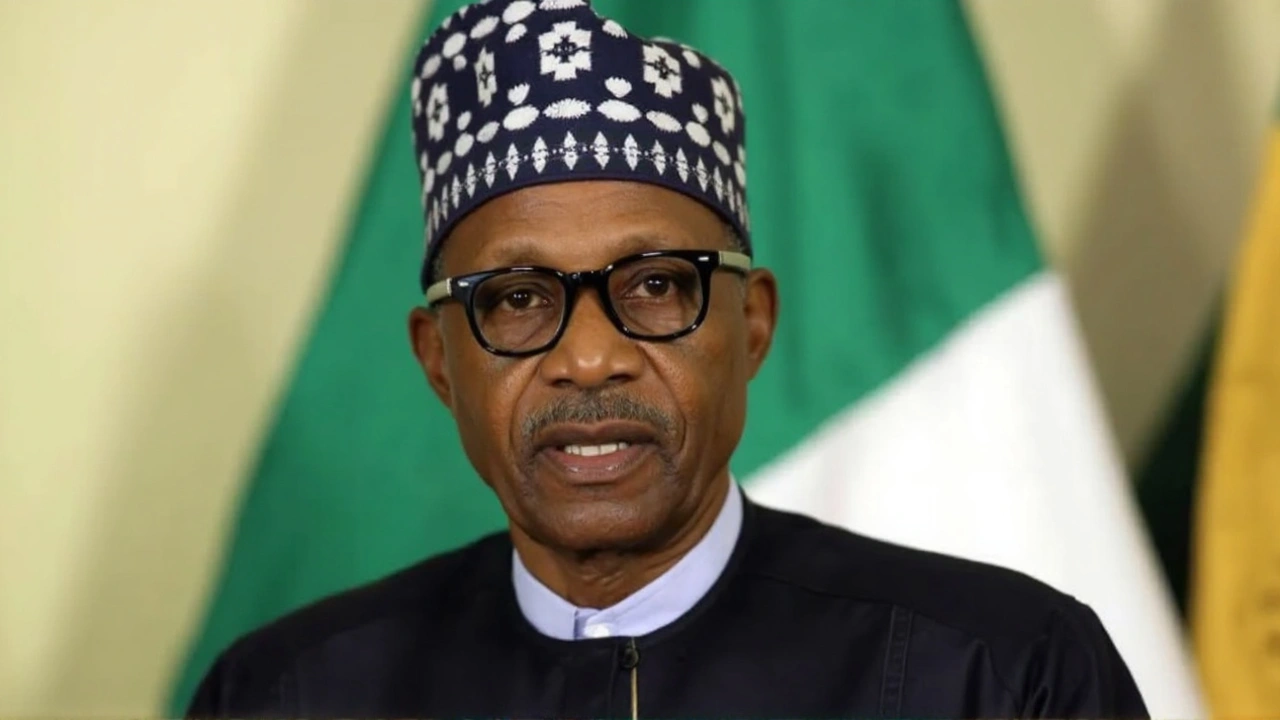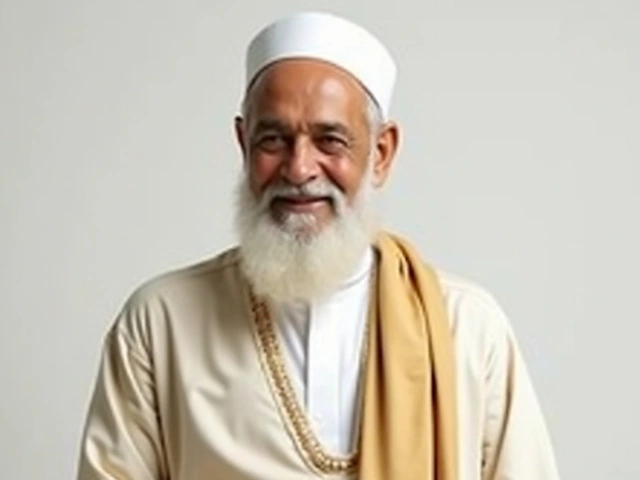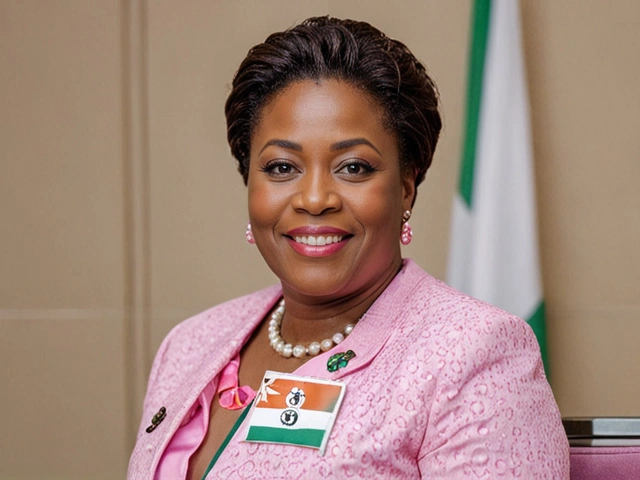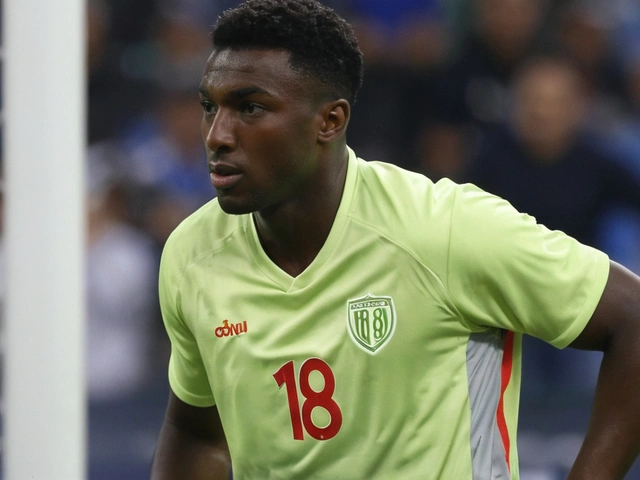Mourning in Daura: Nigeria Honors Buhari with State Funeral
When Muhammadu Buhari died on July 13, 2025, in London after a battle with illness, Nigeria’s political landscape paused for a moment unlike any other. The former president’s remains were flown back home to Daura, Katsina State, on a Nigerian Air Force aircraft, symbolizing his return to his roots. As the plane touched down at Katsina’s airport, President Bola Tinubu was waiting in person—a clear sign of respect for his predecessor and a reminder of how much weight the former general’s presence still carried.
The day Buhari’s body arrived wasn’t just another somber gathering. Vice President Kashim Shettima, Chief of Staff Femi Gbajabiamila, and a crowd of high-ranking politicians were all there to pay tribute. Inside and outside the airport, security was tight, reflecting both the status of the man being honored and the fragile state of Nigeria’s political atmosphere.
Among the sea of dignitaries, attendees included former Vice President Atiku Abubakar, Lagos State Governor Babajide Sanwo-Olu, Ogun's Governor Abdulraman Abdulrasaq, and a leading delegation from Nigeria’s northern neighbor, the Republic of Niger. The arrival of this group signaled the significant role Buhari played in shaping relationships within West Africa. All of Katsina’s major hotels were booked solid for days, showing how the event drew people from all corners of the nation—and beyond.
National Impact and Complex Legacy
To mark the scale of the loss, the Nigerian government chose to reschedule its Federal Executive Council meeting for July 18, giving civil servants and cabinet members space to participate in the ceremonies. The government also declared July 15 a public holiday, allowing citizens to pay their respects, whether in Daura or from afar. As the crowd gathered for the burial, preparations in Daura were carefully managed—right down to digging the grave well in advance. The city transformed overnight into a focal point of mourning and reflection.
Buhari’s funeral wasn’t only about official protocol. The Islamic third-day prayer, a powerful tradition in northern Nigeria, was held on July 16 and marked the close of formal mourning. Family, supporters, and former critics alike reflected on a presidency marked by strong opinions on both sides. Some voices remembered him for his perceived integrity and the kind of personal austerity rare among West African leaders. Those factors fueled his rise from military ruler in the 1980s to an elected leader decades later.
Still, it wouldn’t be honest to ignore the controversies that followed him out of office. Human rights activists and opposition politicians pointed to widespread Buhari funeral demonstrations over insecurity, stubborn poverty, and a string of accusations tied to nepotism. Security forces under his government clashed with protest movements, leading to heated debates over freedom and fairness. Some urban Nigerians, especially the youth, argued that economic hardship deepened during his years as president, while others defended his efforts against corruption and his tough stance on discipline within government ranks.
As Buhari was laid to rest beside his ancestors in Daura, Nigeria found itself looking back on an era defined as much by hope as by frustration. The funeral may have closed the final chapter of his life, but the questions about his lasting influence are still very much alive in the nation he once led.







Post A Comment